Hungary
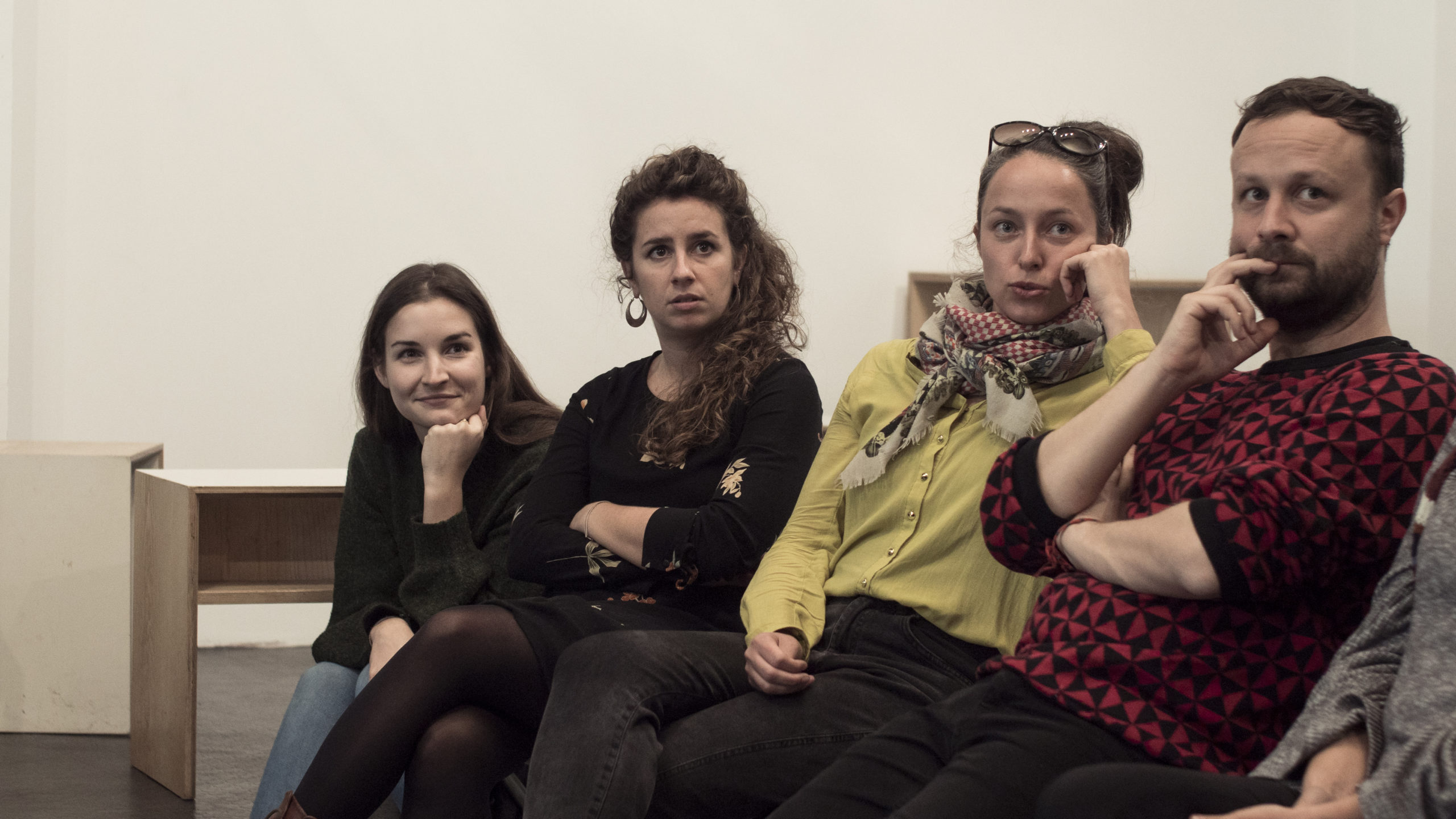
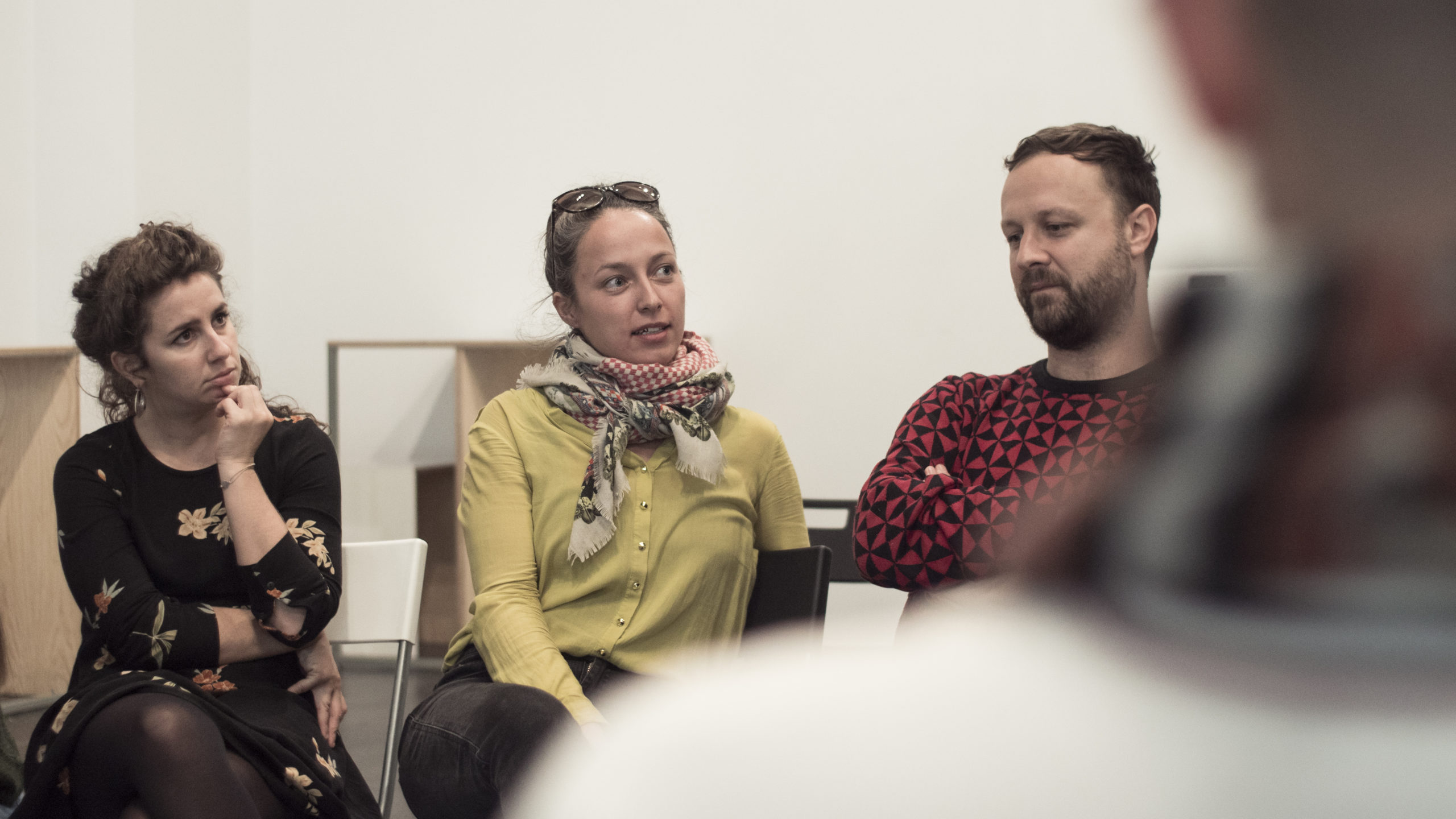
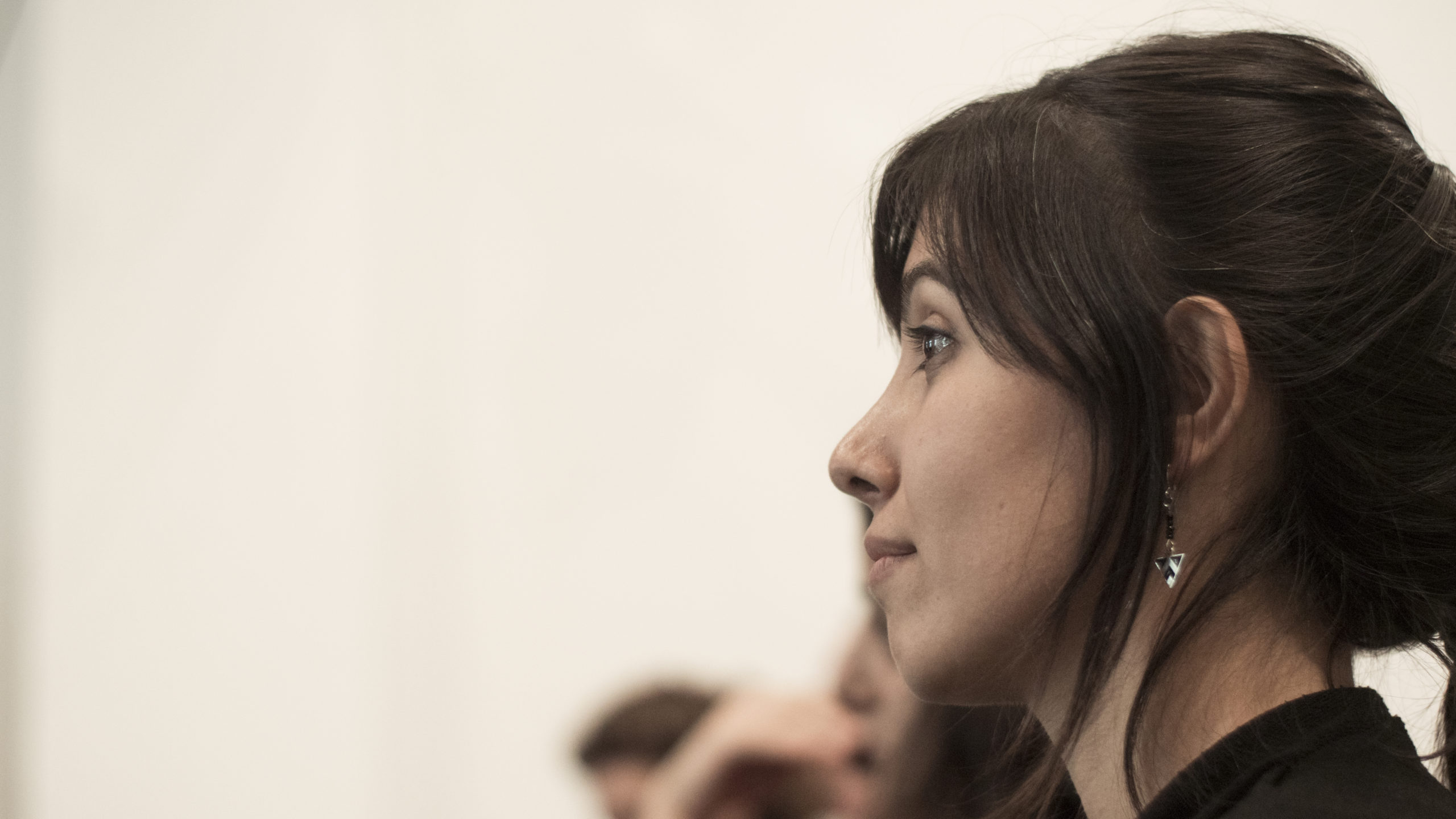
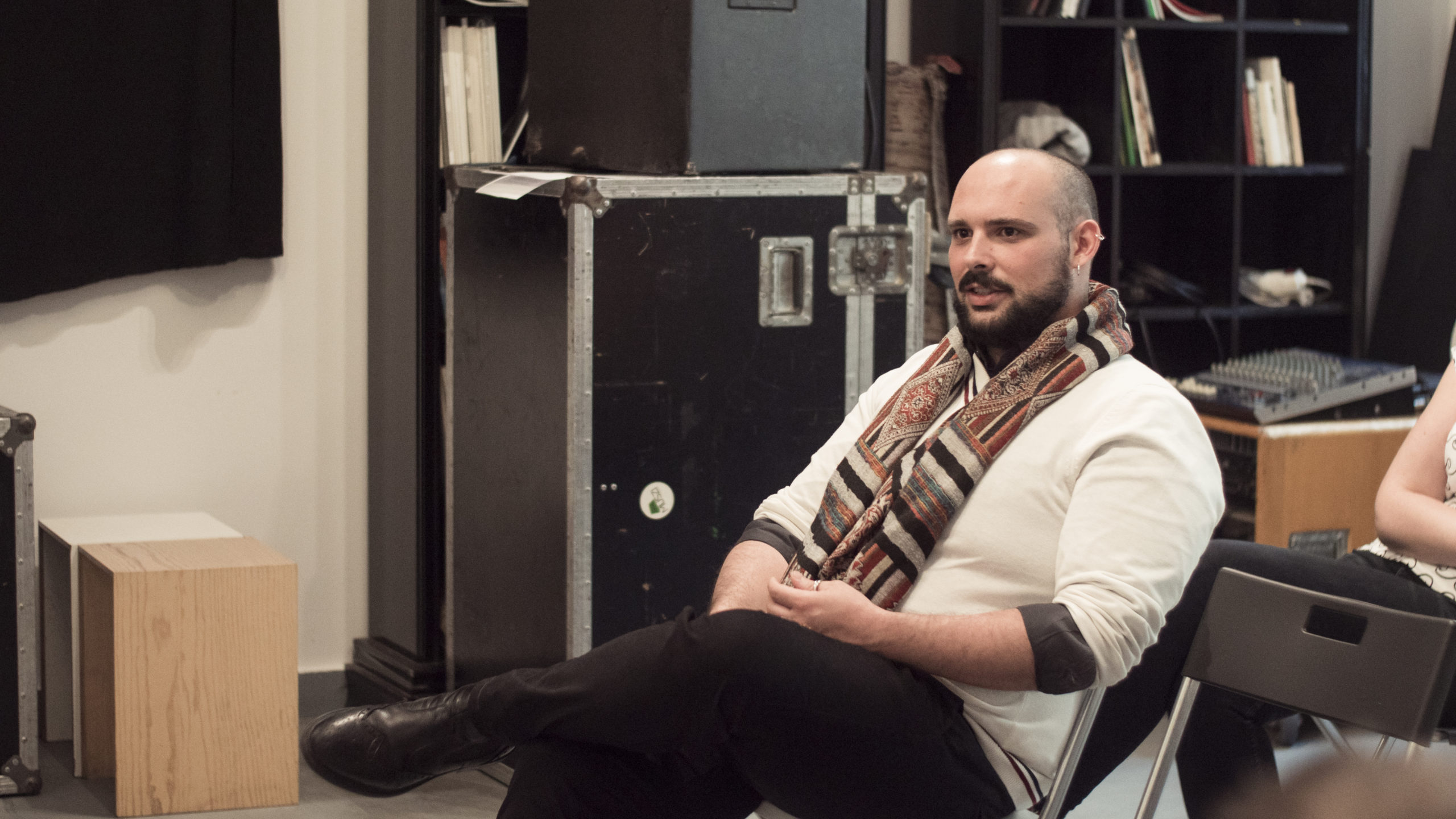
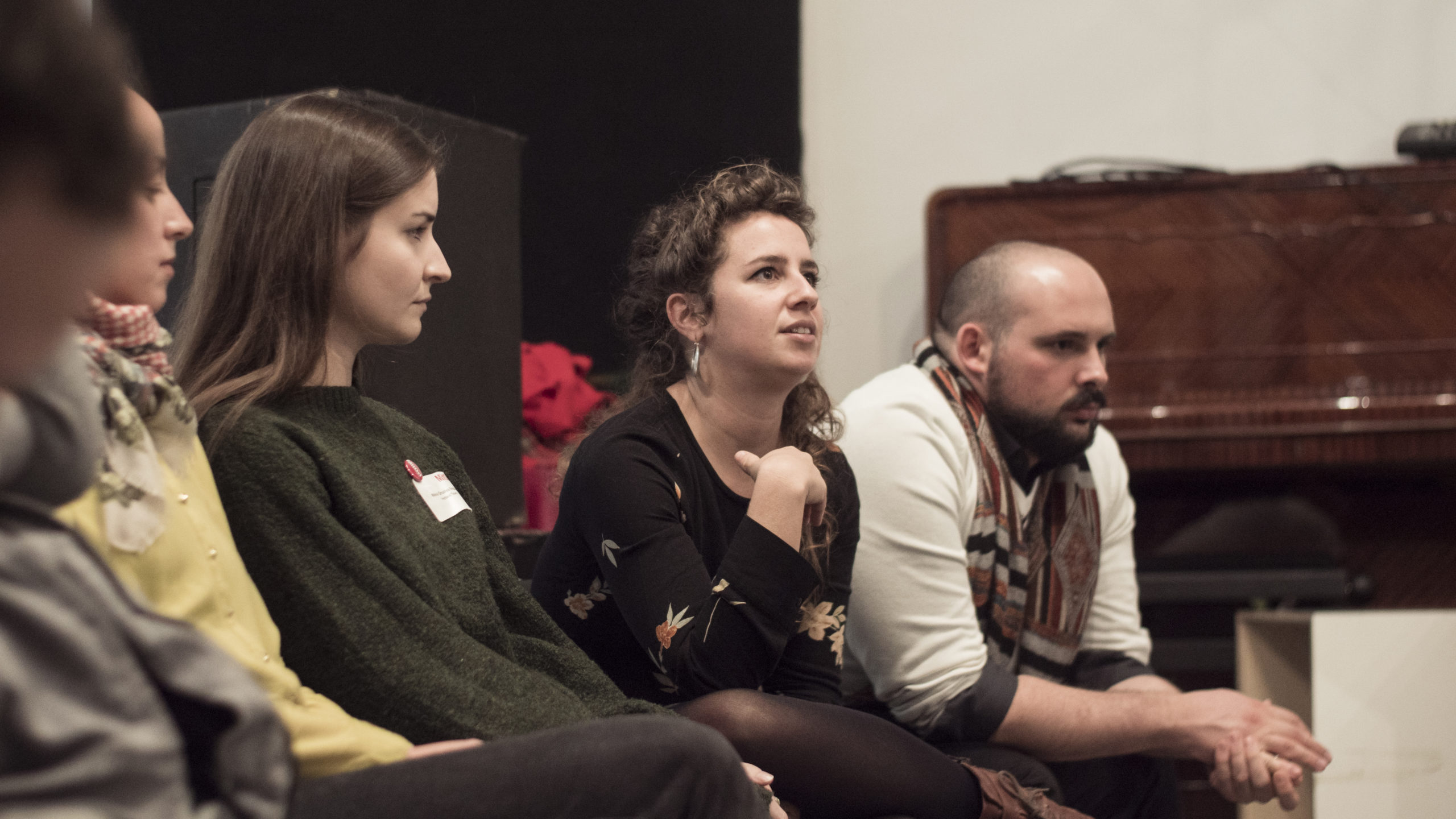
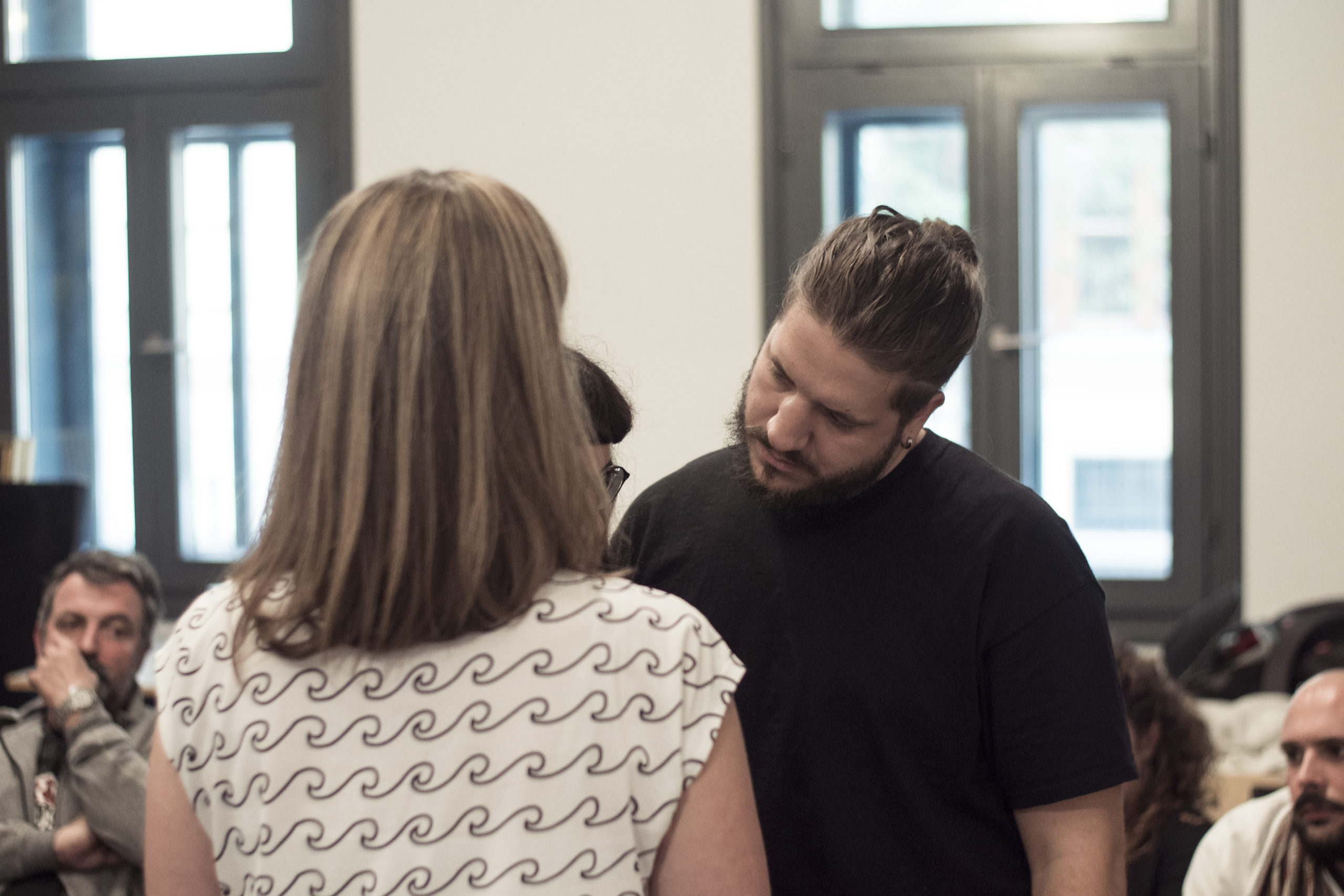
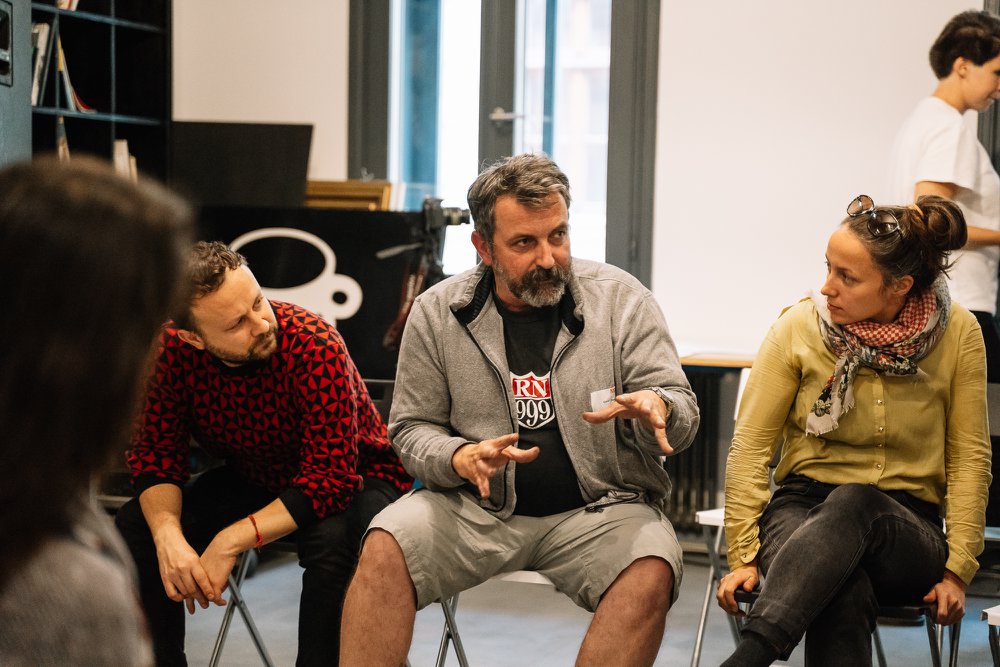
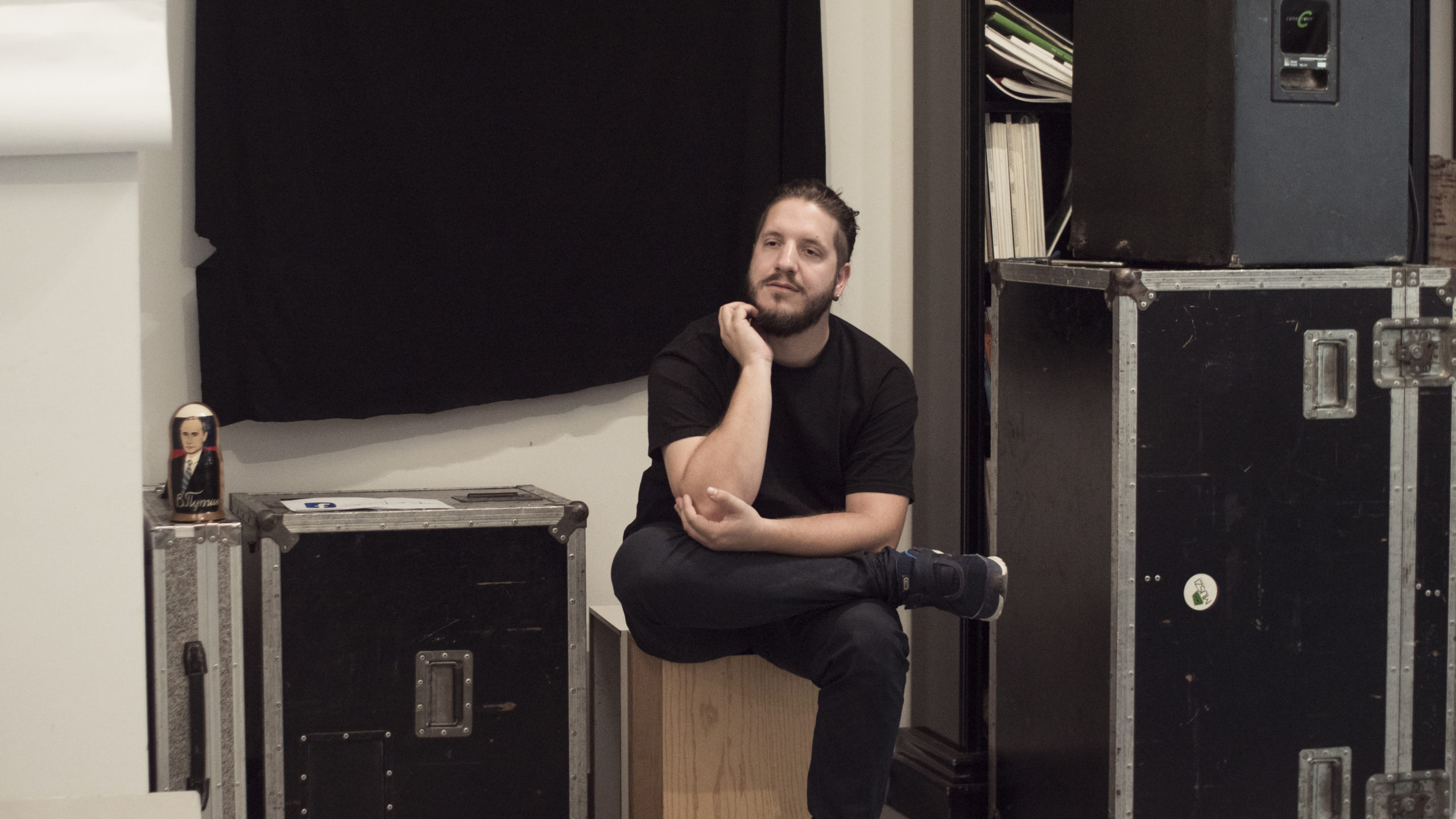
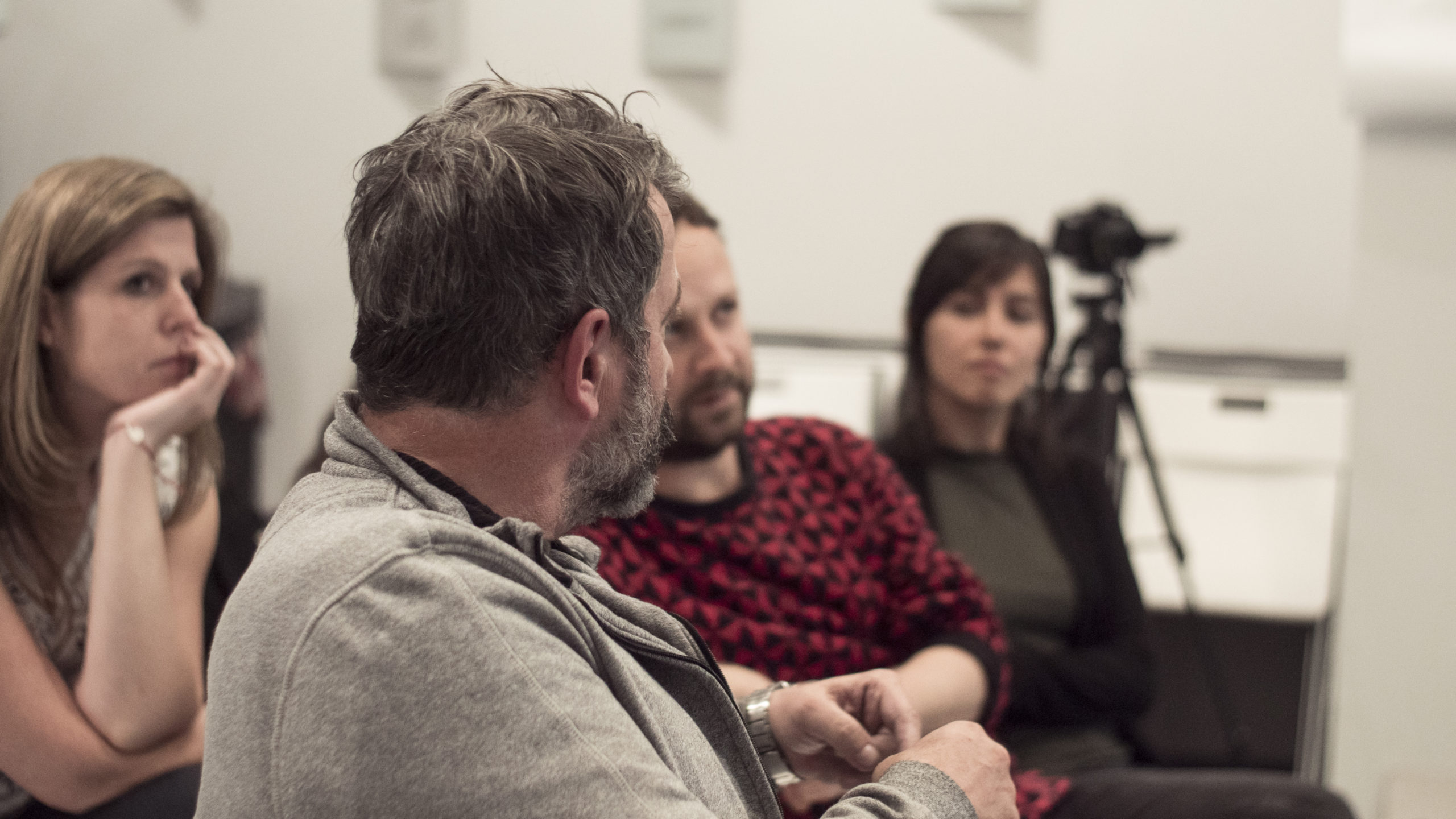
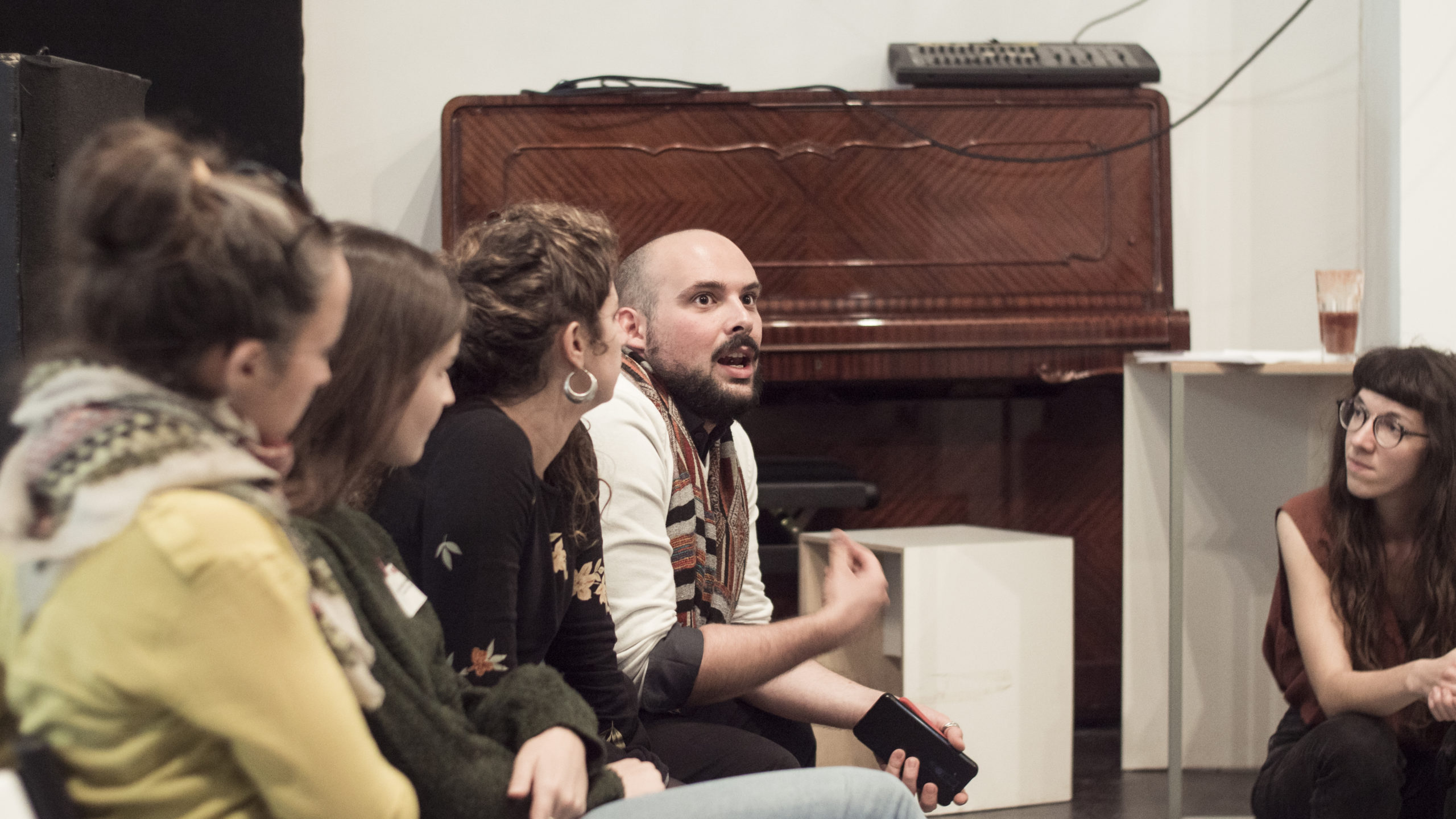
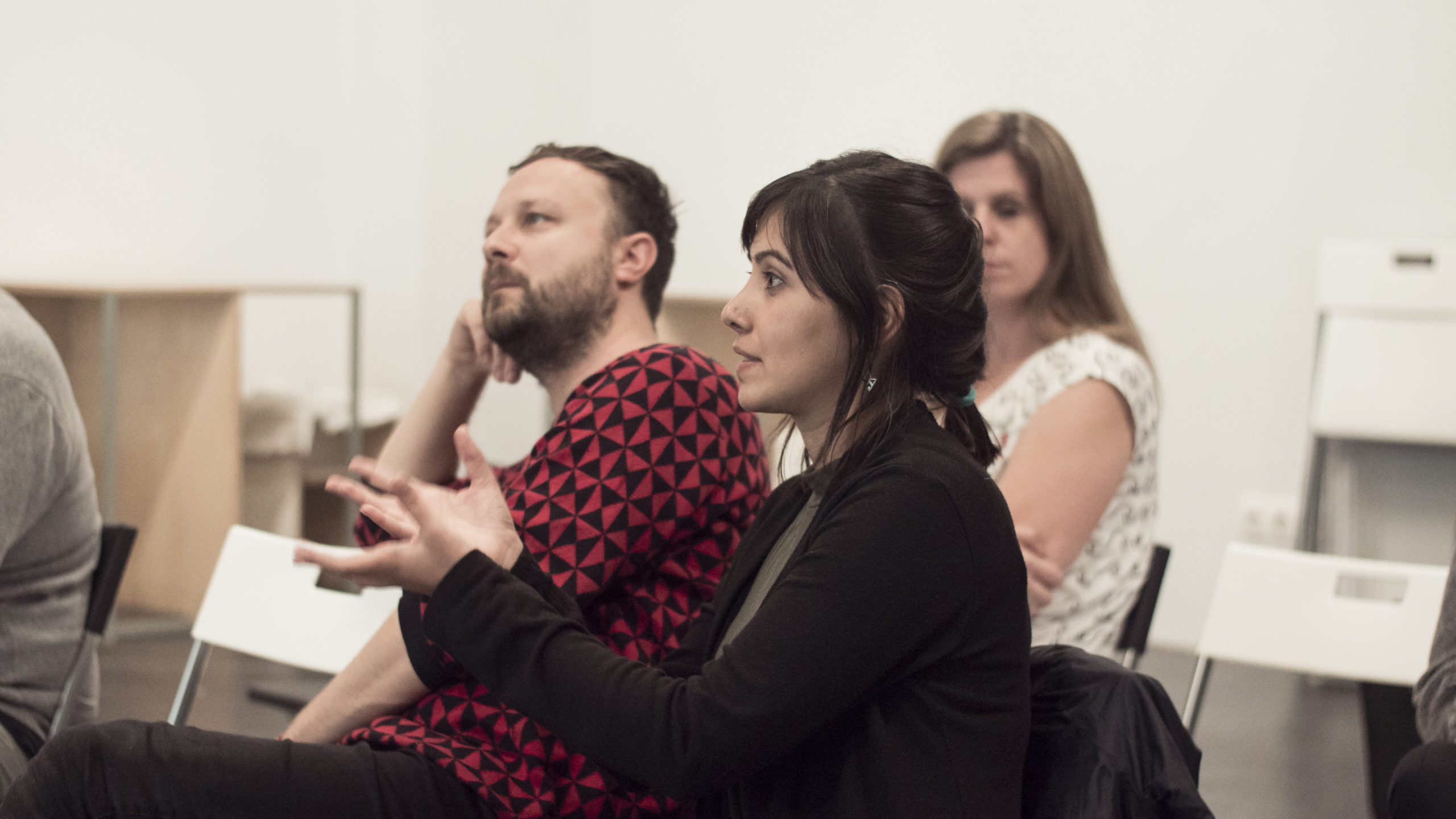
Pro Progressione
Budapest, Hungary
Open European Societies’ local workshop – 04/10/2019In the context of the Open European Societies project and during the 17th MitOst Festival, a workshop took place on October 4th, 2019, in Budapest (Hungary) about our own borders, the limitations of freedom in public spaces, violence and the bystander effect. Anna Füsi and Atilla Farkas from Horizont Alkotócsoport and Pro Progressione’s staff member Fanny Hajdú (with solid experience in drama teaching), in collaboration with Not targets, used the methodology of the debate theatre facilitating the implementation of this local workshop.
Approximately 280 participants attended the festival, all of them had different nationalities, age groups and backgrounds, as the MitOst network itself includes many countries in Europe and beyond. The workshop took place on the 2nd day of the festival, at Lumen Kávézó (Café Lumen) from 3 pm to 6 pm.
Debate theatre is suitable to approach topics which are common in our lives, but we have different perspectives of them. Debate theatre gives a space to talk in a safe format, where we can listen and take into consideration other opinions. We decided to invite maximum 20 participants to this workshop in order to be able to provide enough time for each one of them to express themselves.
At the end, there were 22 people in total: 3 workshop leaders (from Hungary), 1 videographer (from Hungary), 6 participants from Hungary, 2 participants from Turkey, 3 participants from Germany, 1 participant from Slovakia, 2 participants from Serbia, 1 participant from Italy,1 participant from Belgium, 1 participant from Ukraine and 1 from the Netherlands. Among them, there were participants from the MitOst Festival, as well as locals and people who live temporarily in Hungary but originally are coming from other countries.
The session started with an introduction about the debate theatre and its rules. Then, with the help of different games (e.g. walking around in the space/room), all together we defined the meaning of the public space: what is it exactly, where does it start and where does it end?
The hosts brought up the topics with 3 scenes: the first tackled the topic of violence. They showed the participants a scene, where a person was surrounded by two other people and this person in the middle seemed harrassed. Then they placed this scene/image into different situations (e.g. it happens on the opposite side of the square; it happens ont he sidewalk you’re currently walking; it happens on the tram) and the participants had to answer if they would interfere or not by standing close/far from the situation (close = they would, far = they wouldn’t). After that, all the situations were discussed and the participants had the chance to express their thoughts and feelings about certain cases.
The second scene brought up the topic of identity from the perspective of social responsibility. The main question was: Can we achieve big changes without violence? The third scene tackled violence; the scene included a mother, who is against violent actions, but still, when she was interrupted by her little daughter, she yelled at her. These last 2 scenes / topics were discussed in a debate theatre format: there were two rows with chairs, from one side was the „yes” side, and from the other one was the „no” side. The participants had to chose one side and to explain their point of view or even to convince each other or switch sides as well.
All in all, it was a very fruitful, interactive and vivid workshop both for the participants and the hosts, as all of them enjoyed their time and learned new ways communicate and discuss topics, especially with people having different cultural backgrounds.



